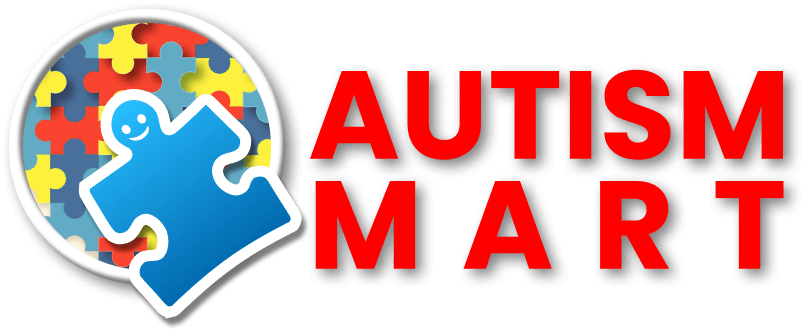Numerous individuals in our world experience the world in their unique way. Individuals who are affected with Autism are no exception to this. Autism Spectrum Disorder (ASD) is a specific condition that affects the neurological development of individuals who are influenced by it. It can affect how people talk to others, their behavior in front of others, and social interactions. This condition is on a spectrum, affecting everyone differently and to varying degrees. Per the Centers for Disease Control & Prevention (CDC), around 1 in 54 children within the US are affected with the condition of autism spectrum disorder (ASD). In this blog post, we’ll discuss what Autism is and how it can influence the daily lives of individuals affected. Special needs children can also include those who are affected by Autism.
How it Affects Our Executive Functioning:
Executive functioning refers to a set of cognitive skills that are required for daily activities, such as talking to others and finishing objectives. These skills are necessary to plan your schedule and organize all your events. For instance, an individual who has been affected by autism spectrum disorder (ASD) will have quite a difficult time finishing a complex objective, being unable to break the complex task down into smaller and more manageable steps. Due to the lack of executive functioning skills, an individual might begin to experience emotions of anxiety, feel overwhelmed, and negatively influence their quality of life.
Individuals With Autism Will Require a Routine & Predictability:
Those who have been affected by autism spectrum disorder (ASD) will require predictability and structure within their daily schedules. Individuals with Autism can have problems with changes in their routine or when they face unexpected events within their daily schedules, such as surprise parties, which can cause them to experience anxiety and feel overwhelmed. For instance, individuals with Autism might have a daily morning routine that they follow regularly. When autistic individuals experience changes in their schedule, they can feel very distressed and negatively influence how they negatively go about their day.
The Effect of Autism on the Regulation of Emotions:
How individuals regulate their emotions is also affected by Autism. Emotional regulation is also another aspect that is influenced by autism spectrum disorder (ASD). Individuals with ASD will have trouble when attempting to recognize, understand, and regulate their own emotions or try to convey to others what they feel. They’ll have trouble understanding when someone is mad at them or sad because of them and have issues when attempting to express themselves to others appropriately in social situations.
How Individuals with Autism Have Repetitive Behaviors & Interests:
Those who have been affected with Autism will often have repetitive interests and behaviors, as it is quite prevalent within such individuals. The behaviors that individuals with Autism can experience include flapping hands, going back and forth, or having an intense interest in a certain subject. These kinds of behaviors can bring these people joy and comfort but can also cause them to experience daily hardships. For instance, those who don’t understand the repetitive behaviors of autistic people might make them try to stop these repetitive behaviors, causing autistic individuals to experience distress and anxiety. These individuals also struggle to insert themselves or learn more about new activities. These kinds of hurdles can influence their quality of life and how they can talk to others in social settings.
How Individuals with Autism Process Sensory Stimulation:
Individuals who experience autism spectrum disorder (ASD) often have to experience atypical sensory processing, which influences how they perceive the surrounding physical settings around them. There are various sensory processing issues that an individual with Autism can experience and have the potential of manifesting as hyposensitivity or hypersensitivity to reacting differently to sensory stimuli like light, touch, taste, or smell. For instance, an individual who experiences autism spectrum disorder (ASD) will find certain sounds intolerable, such as the sound of a vacuum cleaner, or experience the texture of specific fabrics as intolerable. Numerous sensory processes occur daily, which can lead to anxiety and distress in day-to-day life, as these experiences for autistic individuals can be quite overwhelming or distressing.
Conclusion:
There are various difficulties an individual with autism spectrum disorder (ASD) can experience, which can lead to them feeling overwhelmed, distressed, or extremely anxious. Some of the effects of Autism on daily life include influencing our executive functioning, requiring routine, predictability, repetitive behaviors, and how we process sensory stimulation. Individuals can use speech therapy toys to improve their communication skills.

